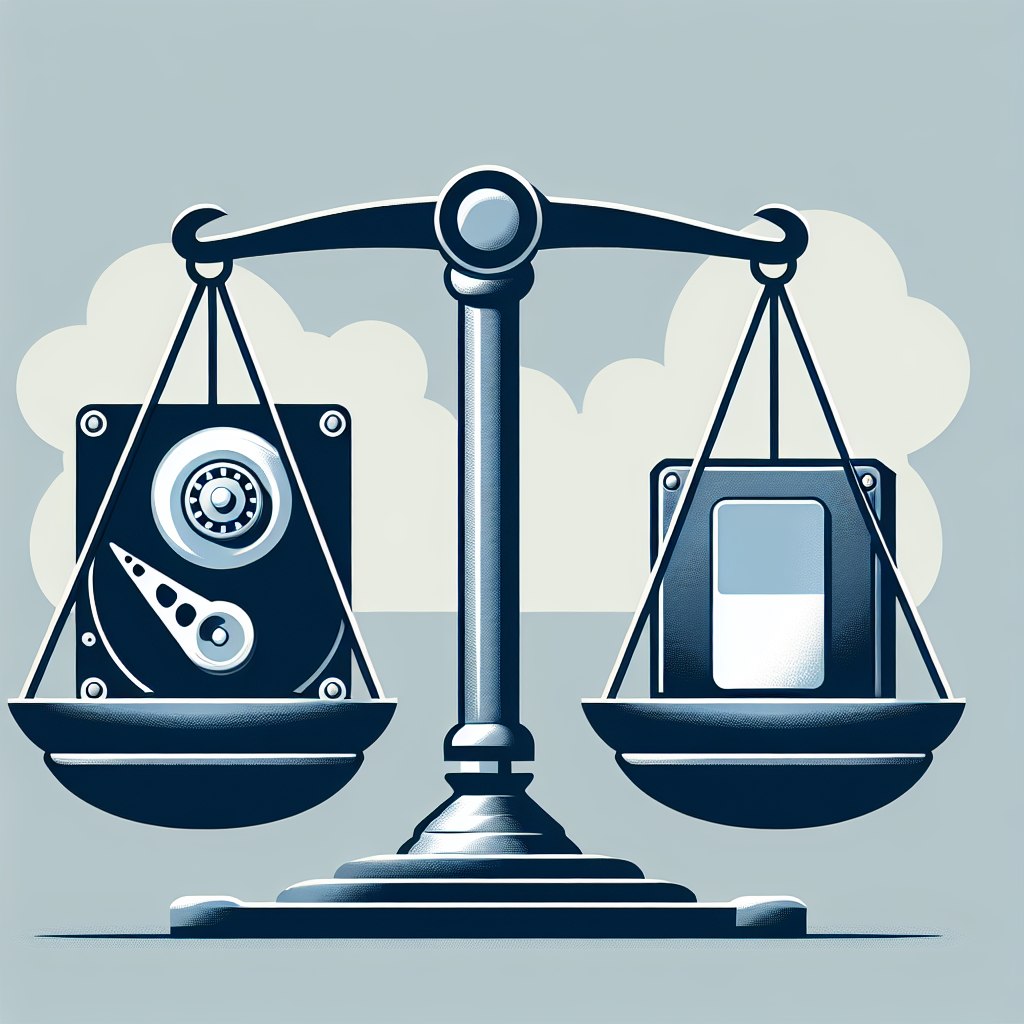When it comes to storing data on your computer or other electronic devices, you have two main options: traditional hard disk drives (HDD) and solid-state drives (SSD). Each type of storage has its own pros and cons, and understanding them can help you make an informed decision when choosing the right storage option for your needs.
HDD storage, which has been around for decades, consists of spinning magnetic disks that store data. SSD storage, on the other hand, uses flash memory to store data, making it faster and more reliable than HDD storage. Here are some of the pros and cons of each type of storage:
Pros of HDD Storage:
1. Cost-effective: HDD storage is generally more affordable than SSD storage, making it a popular choice for budget-conscious consumers.
2. Higher capacity: HDDs are available in larger capacities than SSDs, making them a good choice for storing large amounts of data.
3. Durability: HDDs are less susceptible to physical damage than SSDs, making them a good choice for devices that may be subject to rough handling.
Cons of HDD Storage:
1. Slower speeds: HDDs are slower than SSDs when it comes to read and write speeds, which can result in slower overall performance.
2. Noisier: The spinning disks in HDDs can produce noise, which may be a concern for users who prefer a quieter computing experience.
3. More prone to failure: Because HDDs have moving parts, they are more prone to mechanical failure than SSDs.
Pros of SSD Storage:
1. Faster speeds: SSDs are significantly faster than HDDs, resulting in quicker boot times and faster file transfers.
2. Quiet operation: SSDs have no moving parts, making them quieter than HDDs.
3. More reliable: SSDs are less prone to mechanical failure than HDDs, making them a more reliable storage option.
Cons of SSD Storage:
1. Higher cost: SSDs are generally more expensive than HDDs, which can be a barrier for budget-conscious consumers.
2. Lower capacity: SSDs are available in smaller capacities than HDDs, which may be a limitation for users who need to store large amounts of data.
3. Durability: While SSDs are generally more reliable than HDDs, they can wear out over time due to the limited number of write cycles they can endure.
In conclusion, the choice between HDD and SSD storage ultimately comes down to your specific needs and budget. If you’re looking for a cost-effective storage solution with high capacity, HDD storage may be the right choice for you. However, if speed and reliability are more important to you, investing in SSD storage may be worth the higher cost. Ultimately, weighing the pros and cons of each type of storage can help you make an informed decision that meets your storage needs.


